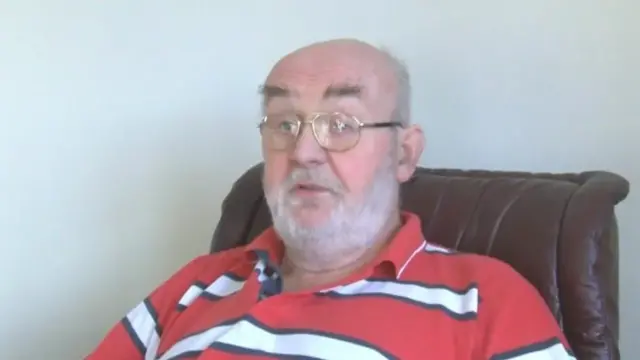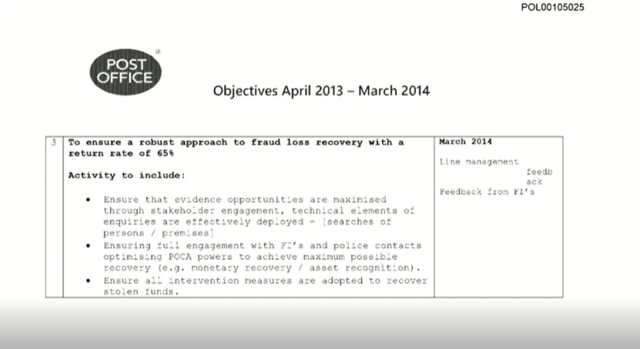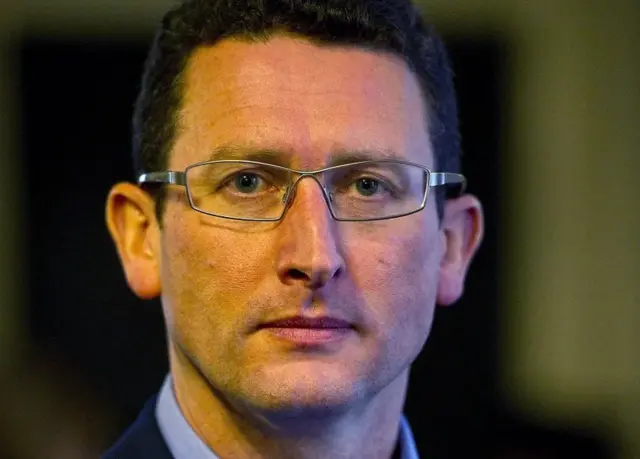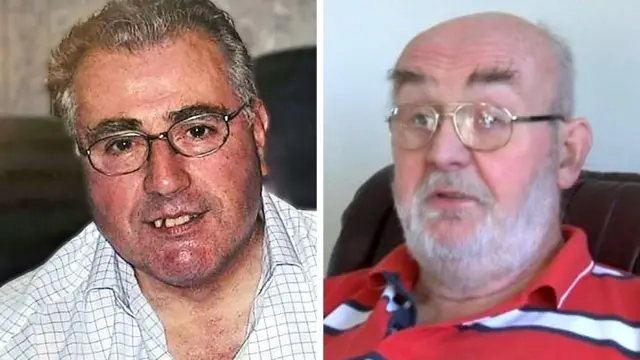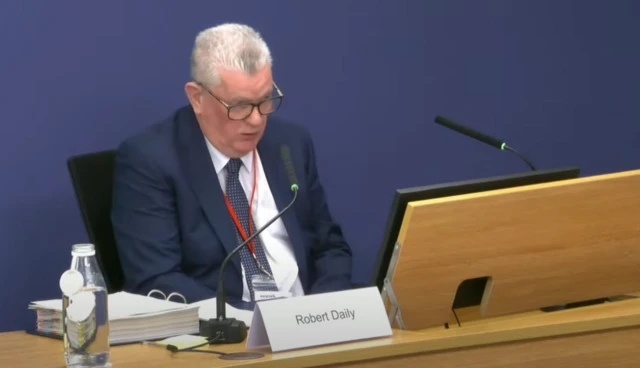
What does Daily's evidence tell us about prosecutions?published at 13:17 GMT 23 January 2024
 Emma Simpson
Emma Simpson
Business correspondent, at the inquiry
Robert Daily is interesting as he gives us a glimpse into how prosecutions were pursued in Scotland, and the differences in procedure governing investigations compared with England and Wales.
For instance, in Scotland corroboration is required. In other words, prosecutors need two sources of evidence so couldn’t just rely on evidence from the Horizon computer system. But he’s admitted that there were no Scottish qualified lawyers working in the Post Office criminal law team until 2013 when external solicitors were instructed to give support.
He didn’t have formal training on disclosure obligations in Scotland until 2010, relying on “on-the-job” training in this key area before then.

